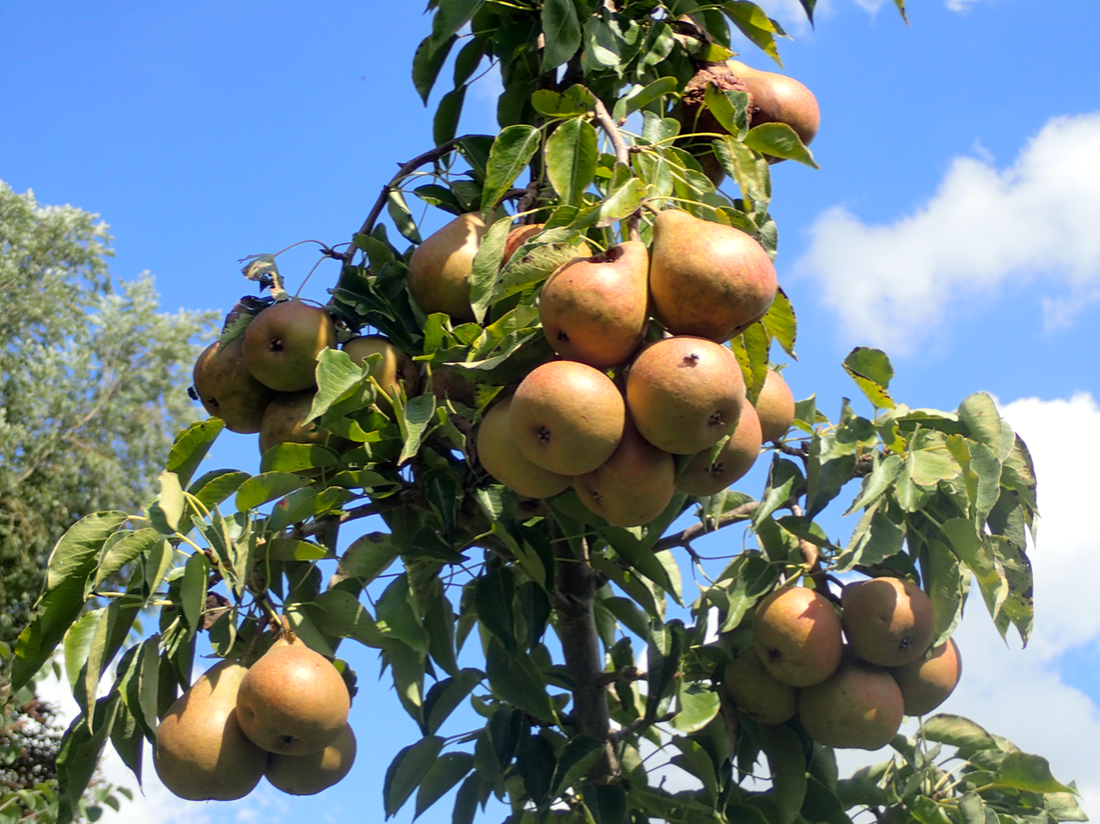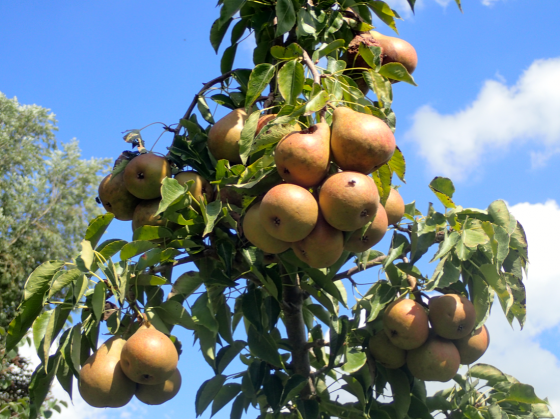Dutch still lag behind on organic farming, but supermarkets sales are up


The Netherlands continues to lag behind other European countries when it comes to organic farming, sector organisation Bionext has said in its annual report.
Only 4.1% of the arable land in the Netherlands was certified as organic in 2020, slightly more than the year before when 3.8% was given over to a more sustainable way of food production.
Some 74,000 hectares are currently farmed organically, an area around three times the size of Amsterdam. Organic horticulture showed the biggest increase while the cultivation of organic flowers and plants jumped 17% compared to 2019.
The Netherlands is still far behind other European countries, where an average of 8.5% of farmland is used for organic farming. Under the terms of the EU’s Green Deal 25% of European agriculture must be organic by 2030, but so far Austria is the only European country which is doing its part to meet the target.
Organic products are, however, slowly gaining in popularity in Dutch supermarkets, with sales up nearly 13% last year. Milk, yoghurt and eggs are the best selling items, along with products with a longer shelf life, an increase possibly caused by coronavirus related stockpiling.
The reason the Netherlands is slow to catch up with its neighbours lies with the supermarkets’ continued focus on price, retail expert Paul Moers told Bionext.
‘The focus on price has a lot to do with our culture. We Dutch are the eternal traders and then the focus is on paying as little as possible,’ he said. ‘If we want to stimulate the organic market, we must discuss aspects other than price, and supermarkets should take more responsibility for doing this.’
Thank you for donating to DutchNews.nl.
We could not provide the Dutch News service, and keep it free of charge, without the generous support of our readers. Your donations allow us to report on issues you tell us matter, and provide you with a summary of the most important Dutch news each day.
Make a donation